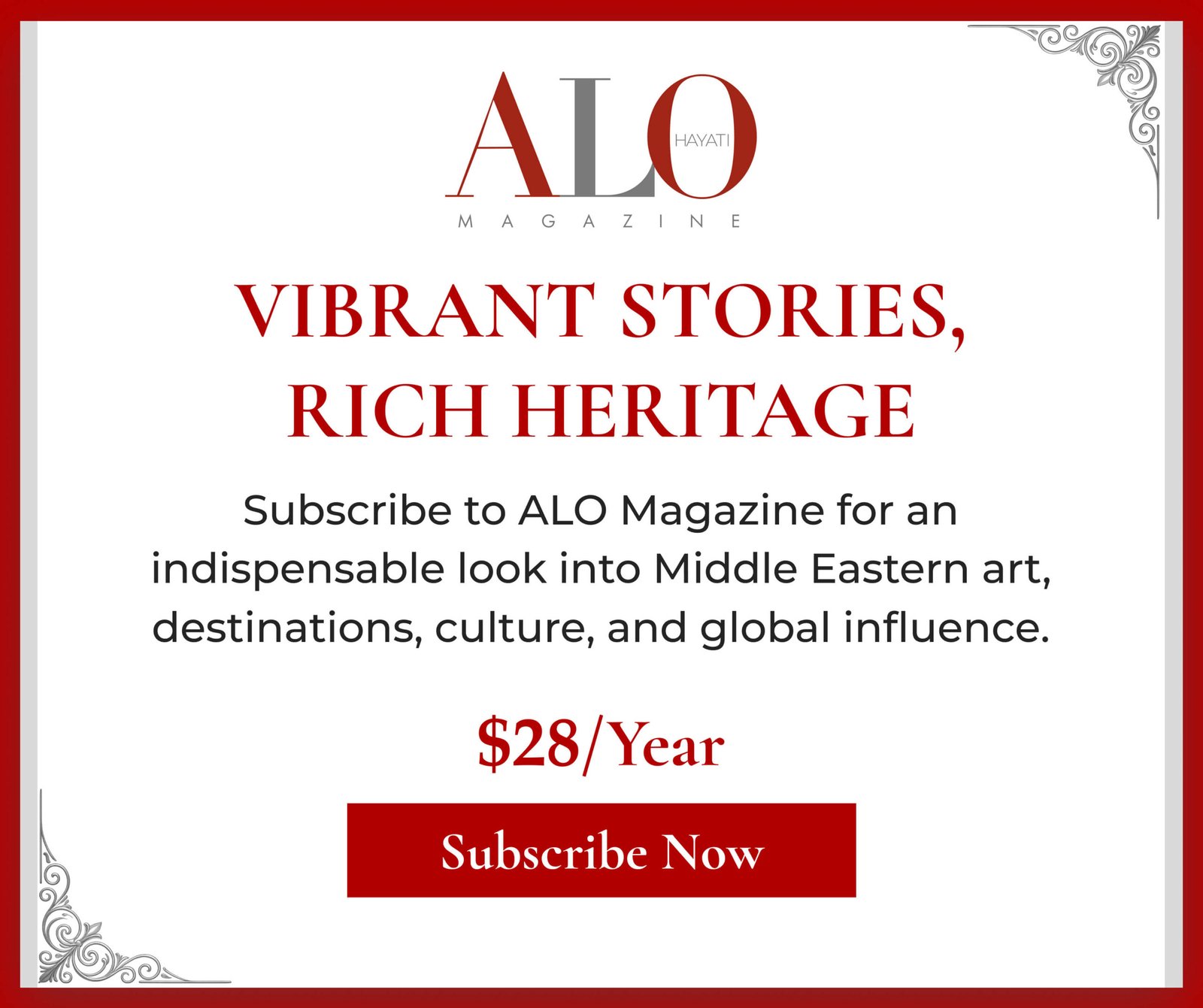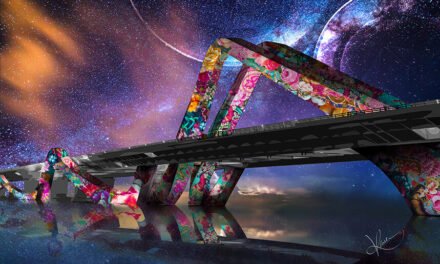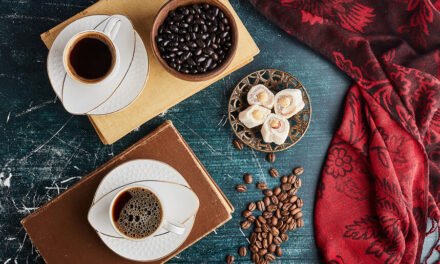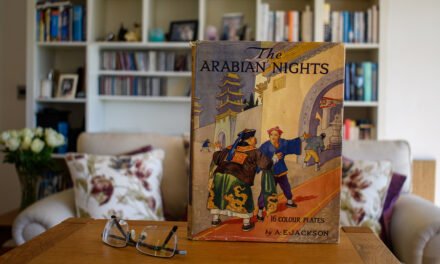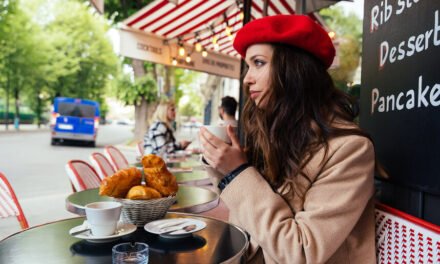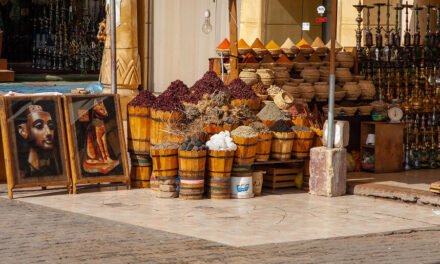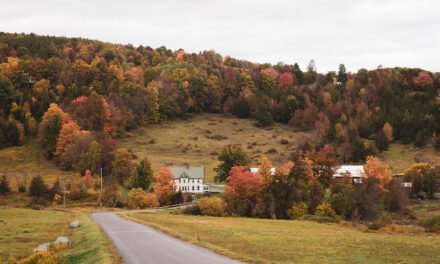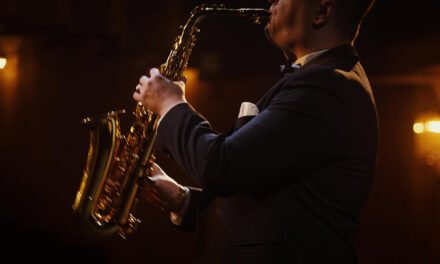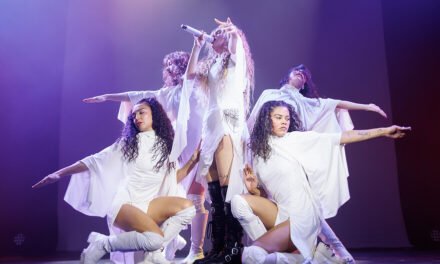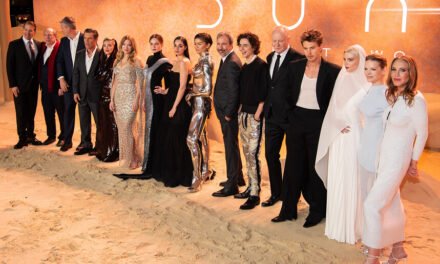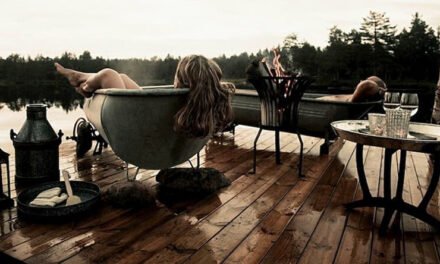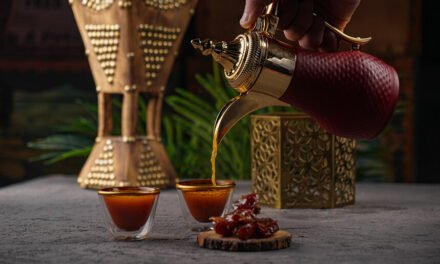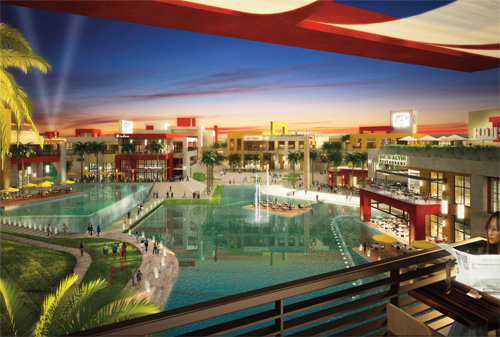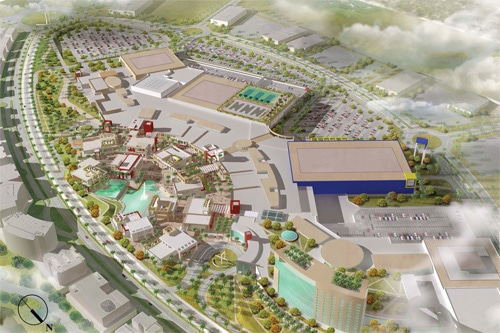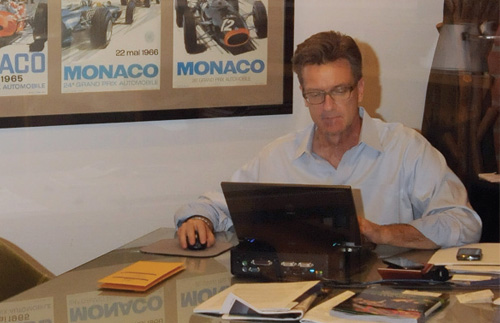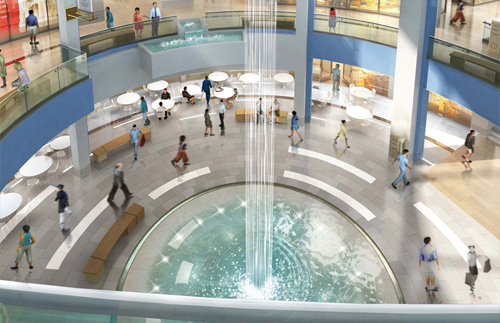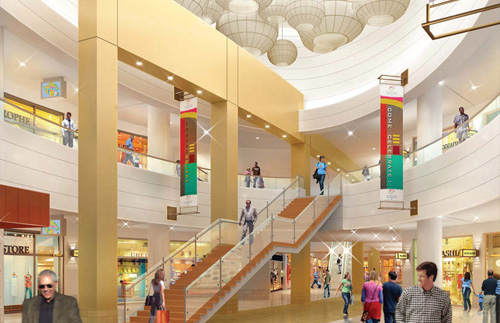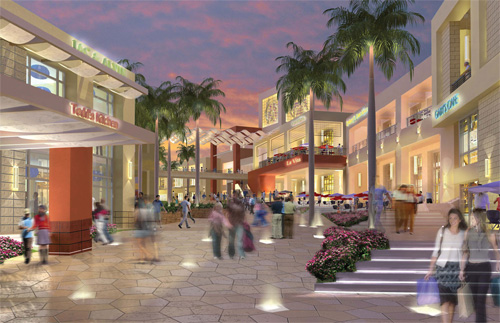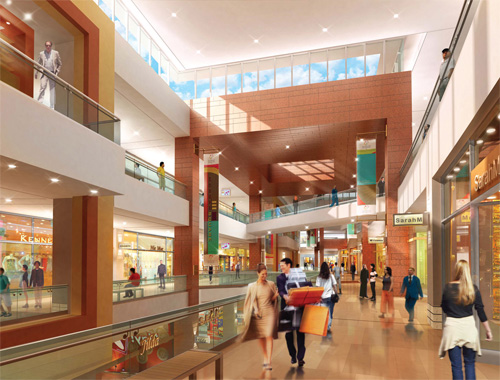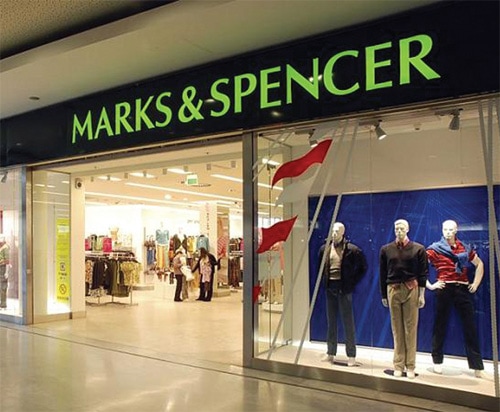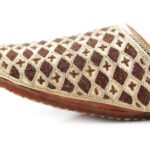In efforts to revitalize the once booming tourist capital of the world, the design studio incorporated the latest retail and dining options of today, championing Egypt’s first ever indoor-outdoor shopping center, and 5+design partner Michael Ellis dives inside the cultural perspectives and how malls in the Middle East and Asia are providing new thinking for retail communities.
ALO: How did this all get started?
Michael Ellis: We worked for the developer at Dubai Sustainable City, and we were given the opportunity to work on Cairo Festival City. It came from a relationship in Dubai as this developer has expanded out of Dubai. We’ve been involved with this project in Cairo now for quite a number of years, and it’s finally opening this year.
ALO: How many years has it been in development?
ME: Boy, it’s been about seven or eight years. It’s been kind of on and off, and with the Arab Spring, things ground to a halt for a couple of years. Originally it was due to open a couple of years ago.
ALO: Did you have any pull back or reservations about getting into this project with all that’s been going on in this region?
ME: No. But we did have several of our designers over there during the first major uprising, so we had to get them out of the country. It was more of an internal decision, rather than forced from the outside. We never felt unsafe there. It was a bit tense for the designers there at that time, but actually the same designers retuned to Cairo during the construction phase to make sure the design intent is being maintained. There’s a strong relationship with all the various client and construction teams, and now there is no concern.
ALO: Looking through the plans, the project looks very high end, which would be a major departure from almost everything we have seen prior in Cairo. How did you come to decide to take it in this direction?
ME: It’s going to be a very large mall—almost two million square feet—with everything from a big Ikea and a Hypermarket, to fashion boutiques, to dining. The Middle East has pioneered the notion of these malls that have it all. They have luxury wings as well as mid-market and even value merchandise all in the same location. This mall is following along those lines. What’s different with this mall is the real integration with indoor and outdoor environments. The lifestyle village around a lake is going to have a lot of great fashion retailers and dining, which is ideal because in Cairo, it’s a society that likes to get out. They like to enjoy life particularly in the evening. This is something that is not yet established in Cairo.
ALO: The lifestyle village is very intriguing. Can you elaborate on it?
ME: Our firm is a believer that the best retail experience combines both indoor and outdoor experiences. There are many instances—having a coffee, for example, where you don’t necessarily want to be inside. Most outdoor restaurants would prefer to have outdoor terraces that look onto something interesting when weather permits. So this lifestyle village is a series of two- and three-story pavilions with a grade differentiation from one side to the other, where there are lots of steps and courtyards to explore and passageways. The whole idea is that everything is clustered around the central lake. There will be a performance stage for events.
ALO: What’s next?
ME: Interestingly enough, it seems wherever there was an Arab Spring, we have a project. We have a large one in Libya and in Tripoli, which is still on hold. We hope it restarts eventually. We do a lot of work in Turkey and in Asia, along with our work here in the States.
ALO: In the States, going to the mall has quite a different feel than it does in Asia and the Middle East, would you agree?
ME: Oh yes. The term “mall” has a derogatory connotation in the American lexicon. Unfortunately, it turned into this machine, particularly in American culture, where it became this hermetically sealed box with only one purpose. Luckily that is changing.
ALO: So, malls in the Middle East are more of a living and breathing area of connectivity?
ME: If you think historically, shopping in most cultures is a key social event. In Islamic cultures, the marketplace is a very important element in the urban plan. If you look at these cultures today, the mall is still an important place socially to get together and spend time. In the Middle East, I feel a greater significance than in America because it’s where so many things happen. If you look at the size of the malls in these regions such as in Dubai, the world’s largest mall, it’s really a destination for people all over the Gulf. I think that Cairo Festival City will be the same thing after it opens.
ALO: What are some of the cultural conditions associated with the projects?
ME: We try to understand the conditions, and we integrate them into the projects. Feng Shui is important in Asia. In the Middle East, there is a different perception of personal space. Our clients have expressed the desire for a little more individual room sometimes for people in terms of promenades. In Asia, you can have smaller, tighter spaces
